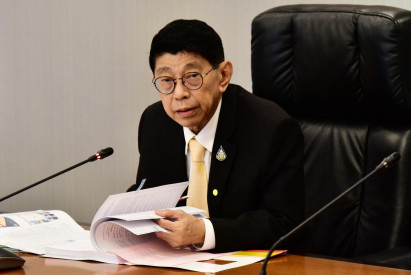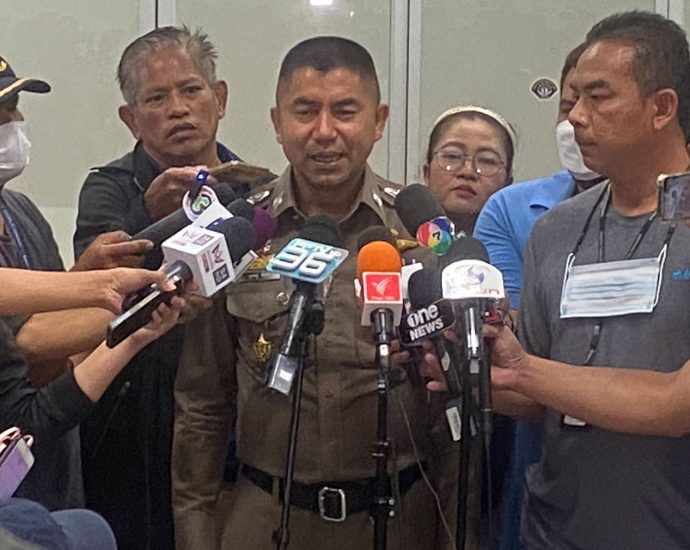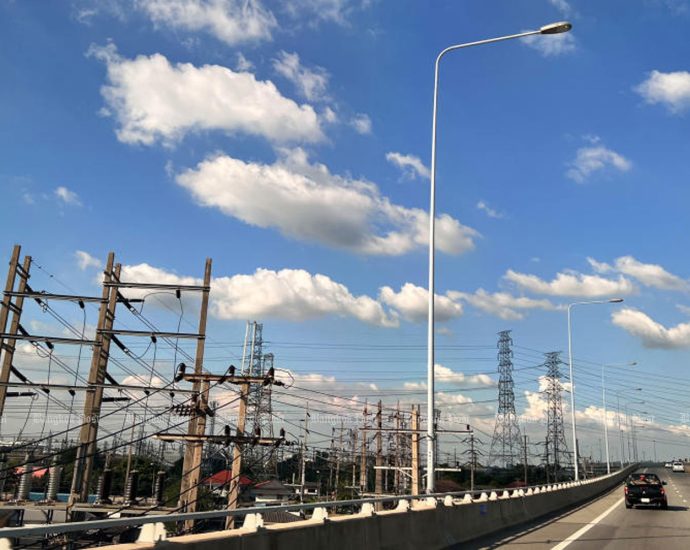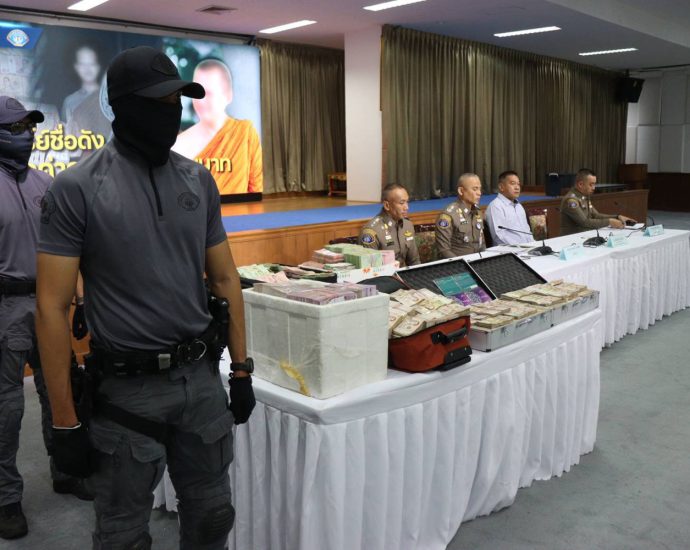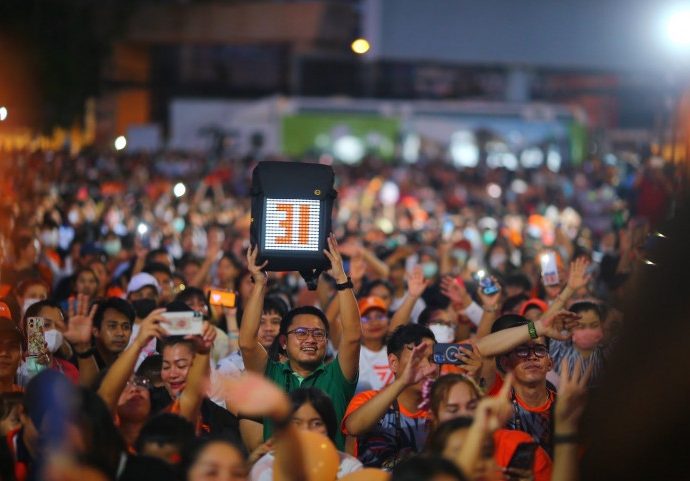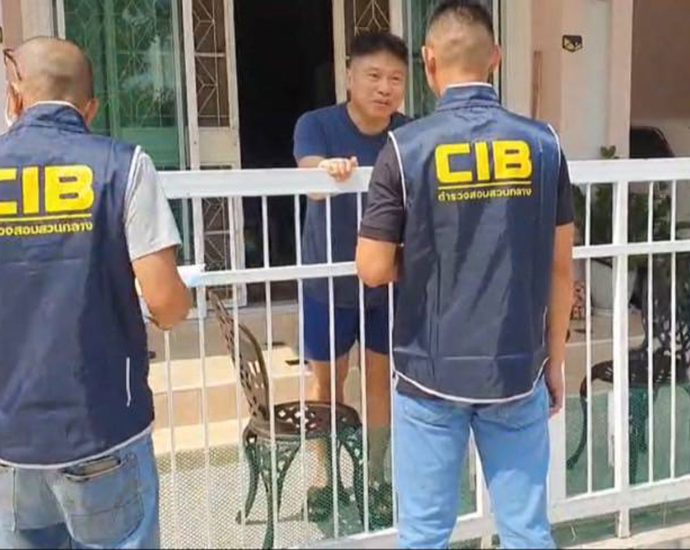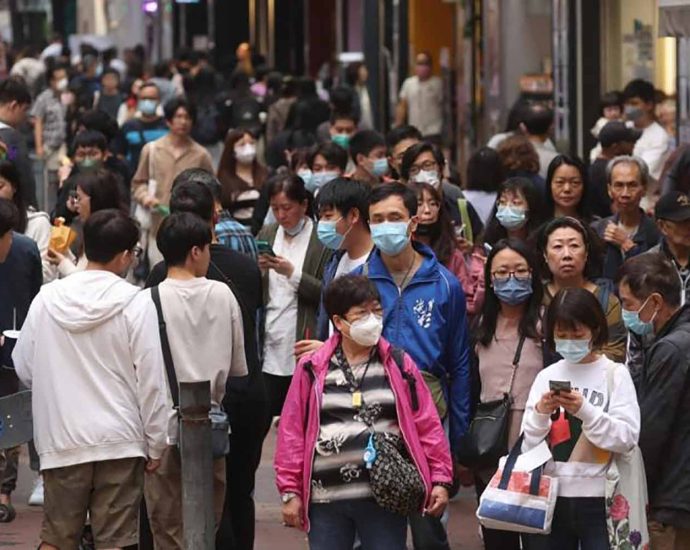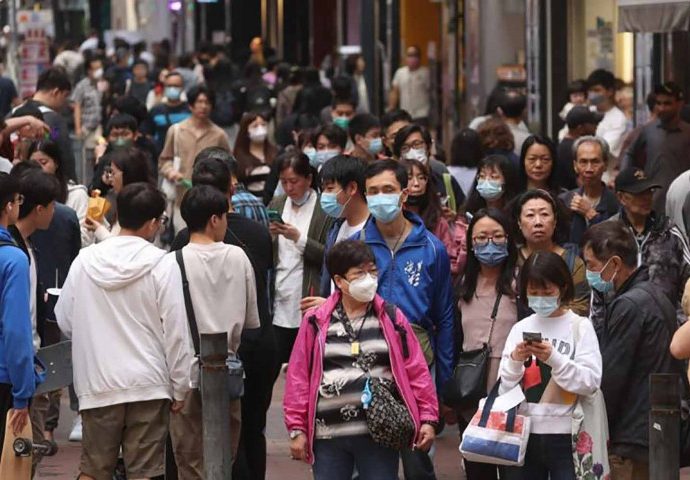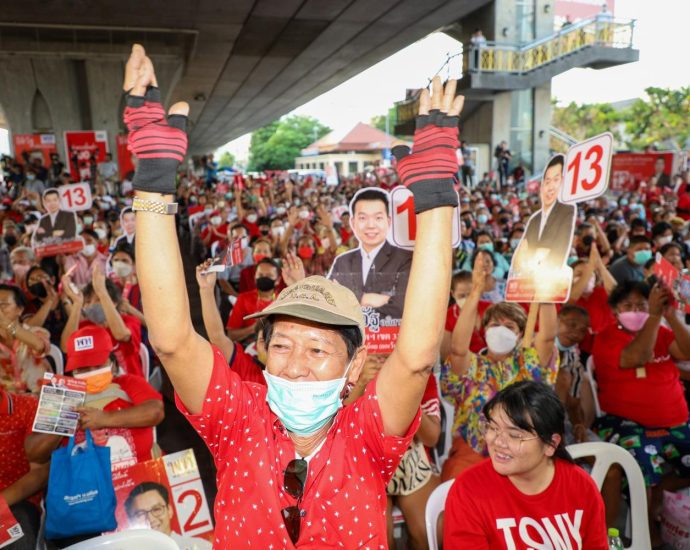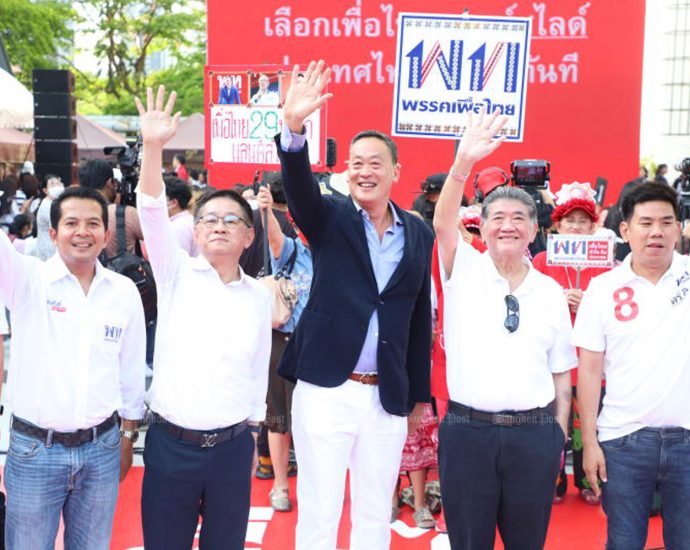Wissanu no fan of ‘possible’ minority govt

Deputy Prime Minister Wissanu Krea-ngam has denied supporting the formation of a minority government after the May 14 election following heavy criticism from several quarters.
He insisted he had neither backed the idea nor signalled to anyone to do so.
“I only provided an explanation when reporters asked me about the matter,” he said.
“When reporters asked whether a minority government is possible, I said it is possible. If I said otherwise, I would be lying. But under normal circumstances, that should not happen.
“In principle, any party that wins a majority of House seats should have the right to form a government. But in the event of a deadlock, a minority government is possible.
“Moreover, even a prime ministerial candidate who is nominated by a party that fails to win a majority must still secure the most votes of support in parliament to win,” Mr Wissanu said.
“I hope the next government will be formed by a party that wins a majority of House seats so the business of running the country can proceed smoothly,” he said.
Politicians and academics say they strongly oppose any attempt to form a minority government after the May 14 election, warning this could spark street demonstrations culminating in another coup.
Critics said such a government is not stable and can lose in a vote of no-confidence or a vote on key financial bills.
The warning came after Mr Wissanu on Wednesday dismissed the possibility of a political vacuum or deadlock arising after the election.
However, he expressed concern the formation of a new government may take longer than usual.
His remarks came as polls show some of the front-running parties drawing closer in the popularity stakes.
While Mr Wissanu said he believes that any party that wins a majority of House seats could form a new government, he said there are some uncertainties which could result in the victorious party getting fewer seats and having to work instead to form a coalition government.

